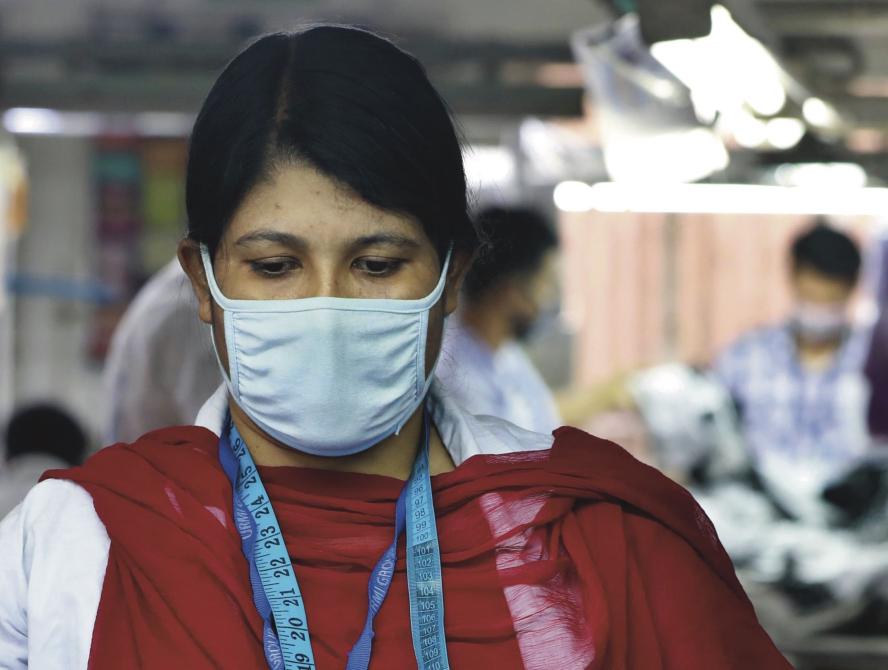-

Hear from Professor Monica Toft
Learn how Professor Monica Toft is shaping the study of global affairs and diplomacy at Fletcher.
Hear from Prof. Toft -

Explore Fletcher academics in action
Fletcher Features offers insights, innovation, stories and expertise by scholars.
Get global insights -
Get application tips right from the source
Learn tips, tricks, and behind-the-scenes insights on applying to Fletcher from our admissions counselors.
Hear from Admissions -

Research that the world is talking about
Stay up to date on the latest research, innovation, and thought leadership from our newsroom.
Stay informed -
Meet Fletcherites and their stories
Get to know our vibrant community through news stories highlighting faculty, students, and alumni.
Meet Fletcherites -

Forge your future after Fletcher
Watch to see how Fletcher prepares global thinkers for success across industries.
See the impact -

Global insights and expertise, on demand.
Need a global affairs expert for a timely and insightful take? Fletcher faculty are available for media inquiries.
Get in Touch
Improving Social Sustainability in Supply Chains
New research conducted by Professor Jette Steen Knudsen and by The Regulation of International Supply Chains (RISC) examines how social sustainability issues are governed in the Bangladeshi garment industry.

New research from The Regulation of International Supply Chains (RISC), an academic research project funded
by the Ministry of Foreign Affairs Denmark, sheds light on how social sustainability issues — such as working conditions, occupational health, and safety — are governed in the Bangladesh ready made garment (RMG) industry. By looking at the many initiatives set in place in the aftermath of the collapse of the Rana Plaza building in Dhaka, Bangladesh, which housed five garment factories, killed at least 1,132 people and injured more than 2,500, the report seeks to understand the landscape and scope of organizations and governance initiatives for social sustainability and their interactions.
Based on this understanding, the project aims to explore different forms of governance and their perceived effectiveness in the specific context and whether these are applicable for other supply chains.
The research was conducted by, and the report written by:
Tufts University: Jette Steen Knudsen, Ava Durant, Lyndon Sam, Marie Gray
Copenhagen Business School: Erin Leitheiser, Jeremy Moon, Markus Bernhart Tang, Jakob Winkler
BRAC University: Sharmin Shabnam Rahman, Shuvro Sen, Farhat Zaman, Gulfam Tasnim, Syeda Nusaiba Hossain, Sabrina Nourin
Danish Ethical Trading Initiative: Sarah Dieckmann, Malene Skensved.

